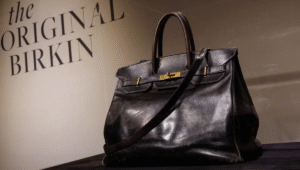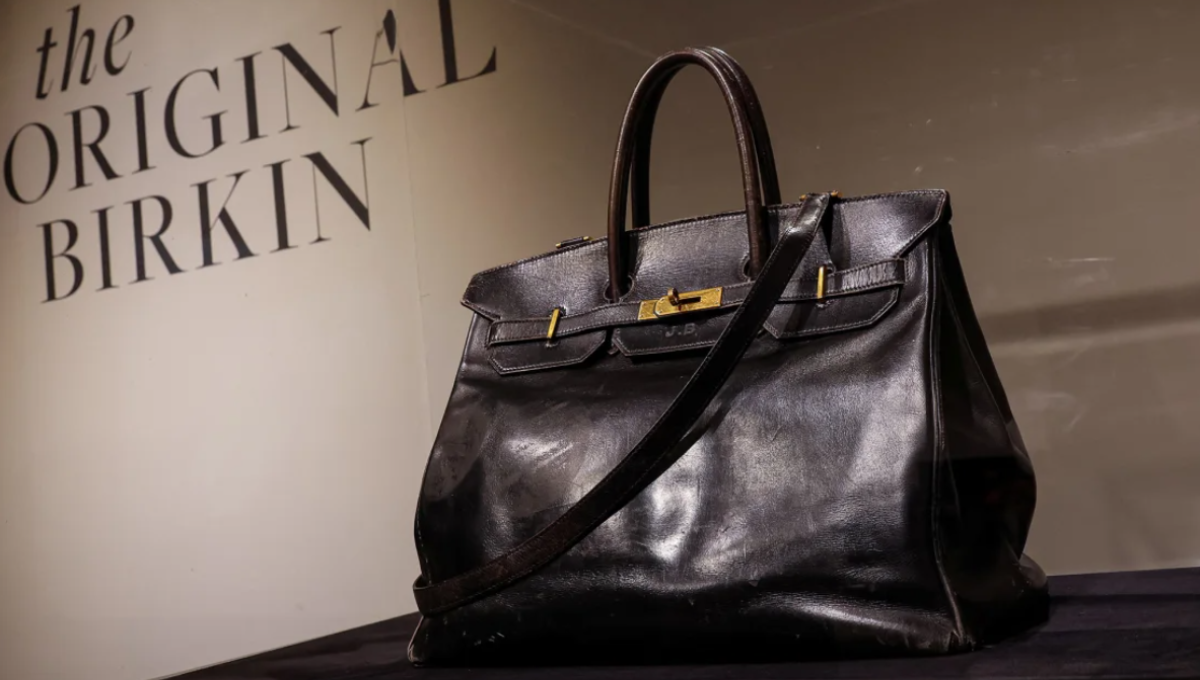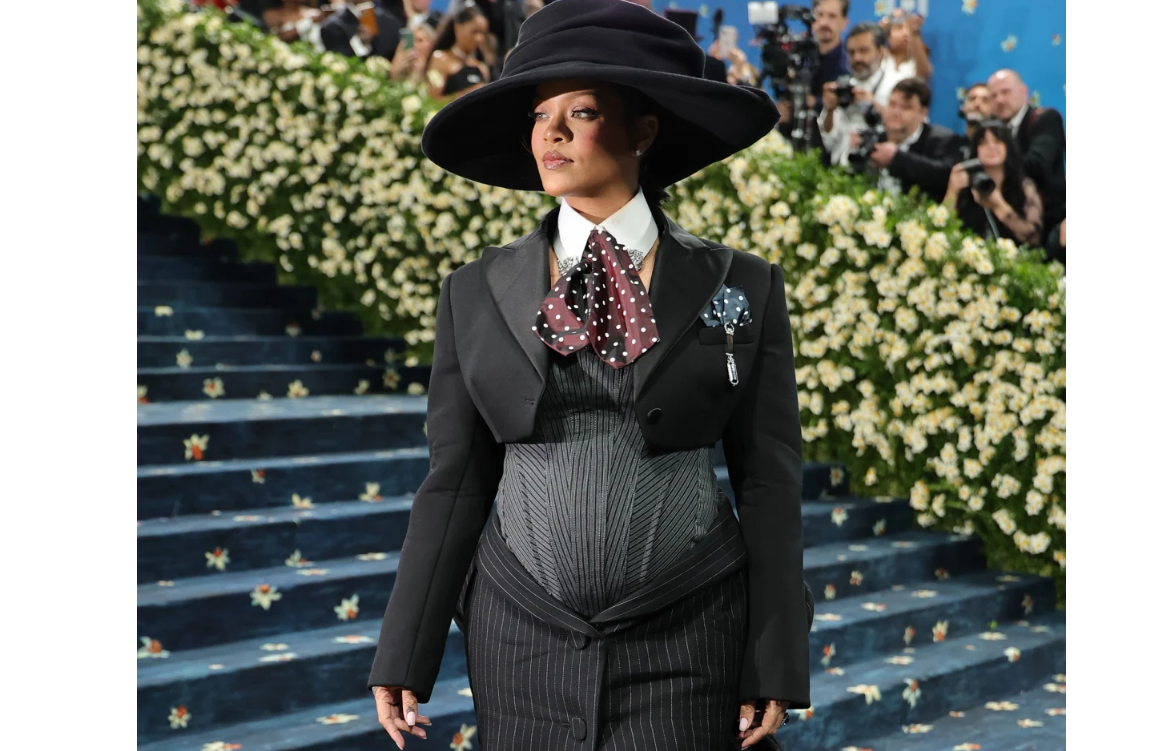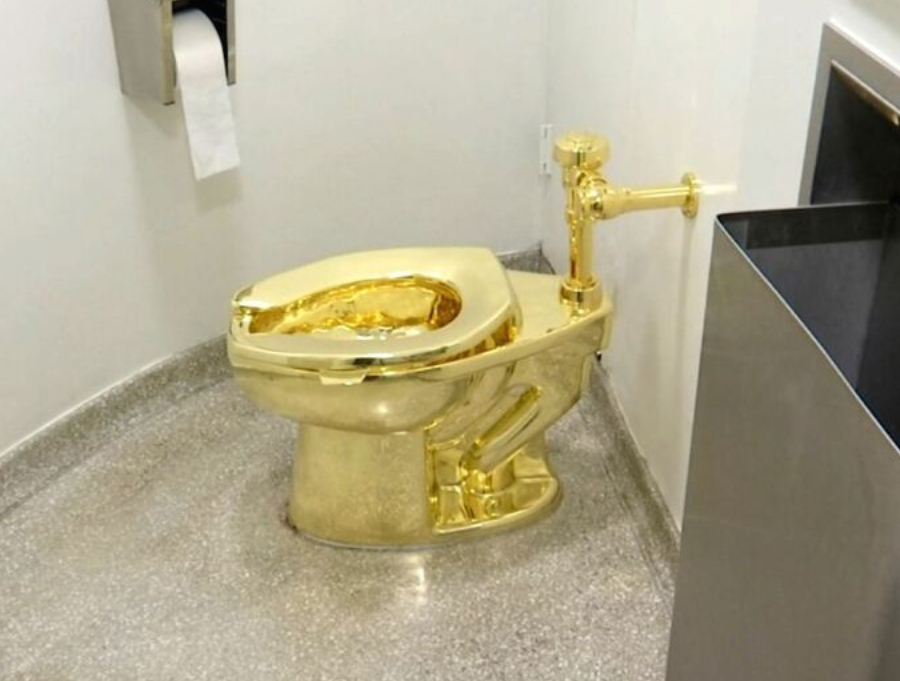LVMH lost its crown as Europe’s most valuable luxury company on Tuesday after Hermès overtook it in market capitalization, following weaker-than-expected first-quarter sales that shook investor confidence in the luxury giant.
LVMH, the owner of luxury names like Louis Vuitton, Dior, Tiffany & Co., and Sephora, reported sluggish sales as American consumers pulled back on buying cosmetics and cognac, and demand in China remained underwhelming. The company’s shares fell by 7%, cutting its market value to €246 billion, just below Hermès at €247 billion.
Although market caps can fluctuate, analysts say the shift reflects real differences in how the two companies are performing and how investors view them. Jelena Sokolova, senior equity analyst at Morningstar, noted that LVMH has greater exposure to more affordable luxury, which is more vulnerable during downturns. In contrast, Hermès caters to ultra-wealthy shoppers who are less affected by economic pressures.
Hermès is known for its exclusivity and strict production controls, increasing output by only 6–7% annually. With signature items like the $10,000 Birkin and Kelly handbags, the brand maintains a stronghold on the high end of the market.
Flavio Cereda, who leads GAM’s Luxury Brands investment strategy, said the shift in rankings reflects the “post, post-COVID world,” where LVMH had previously gained significant ground during the post-pandemic luxury boom. Now, the brand’s greater focus on middle-tier luxury is becoming a concern, he added.
LVMH led sector losses on Tuesday with a 7.2% drop. Other luxury brands followed: Kering, the parent company of Gucci, fell 2%; Hermès dipped slightly by 0.3%; Richemont, the Swiss firm behind Cartier, slipped 0.7%; and Prada dropped 4.2%.
The 3% decline in LVMH’s Q1 revenue was far below analysts’ expectations for a 2% increase. The miss has added to fears that the luxury sector may face a prolonged downturn, especially as recent tariff moves by U.S. President Donald Trump raise concerns about a global recession.
RBC analyst Piral Dadhania revised LVMH’s expected 2024 organic sales growth from 3% to flat, saying the poor quarterly results point to a tougher environment across the luxury industry.
Many investors had hoped the sector would rebound this year, but ongoing trade tensions and weaker-than-expected results are dampening optimism. Deutsche Bank noted that LVMH’s flagship fashion and leather goods unit, which includes Louis Vuitton and Dior, reversed earlier signs of recovery and fell back to a 5% sales decline.
Since late March, luxury stocks have broadly declined. LVMH, Kering, and Burberry have all dropped about 14%, Richemont is down 13%, and Hermès has lost 5%.
Analysts at Bernstein recently cut their annual forecast for the luxury industry from 5% growth to a 2% decline, which, if it holds, would mark the sector’s most prolonged slump in over 20 years.















